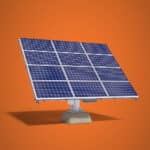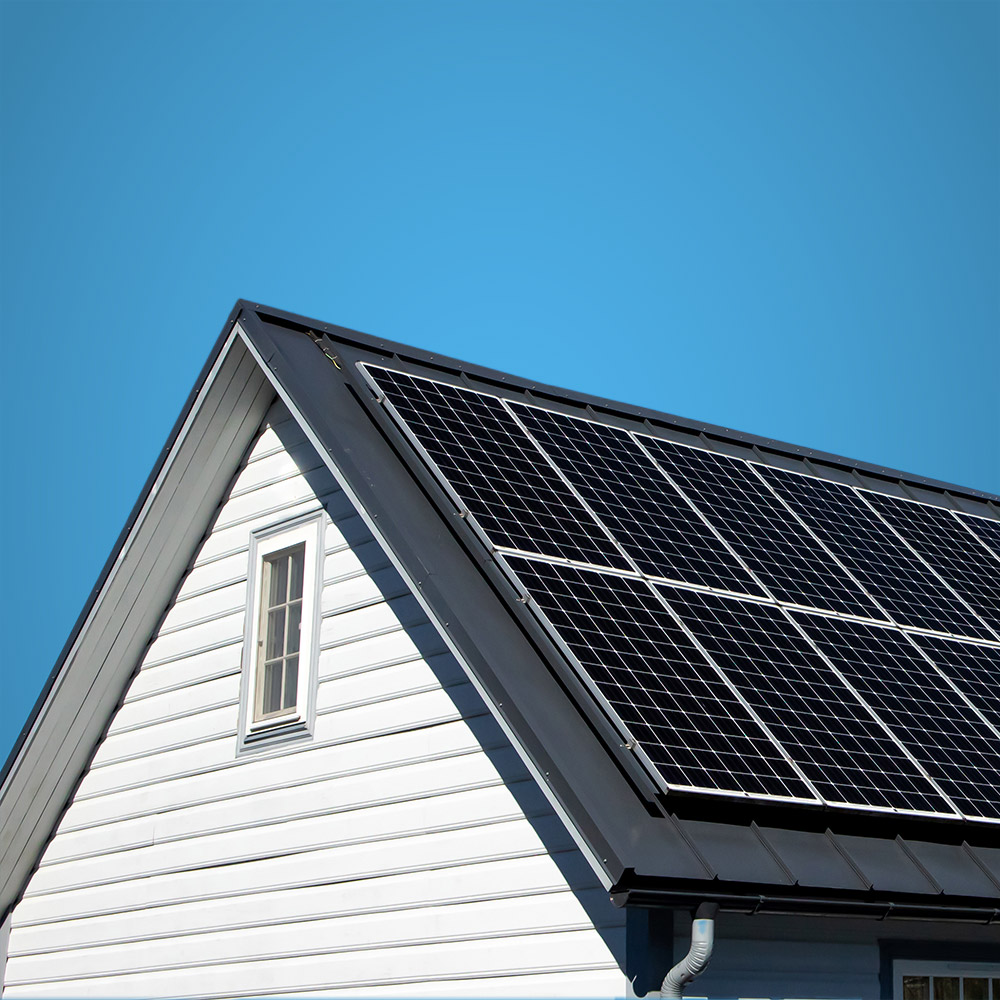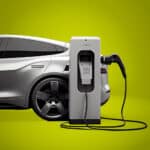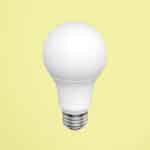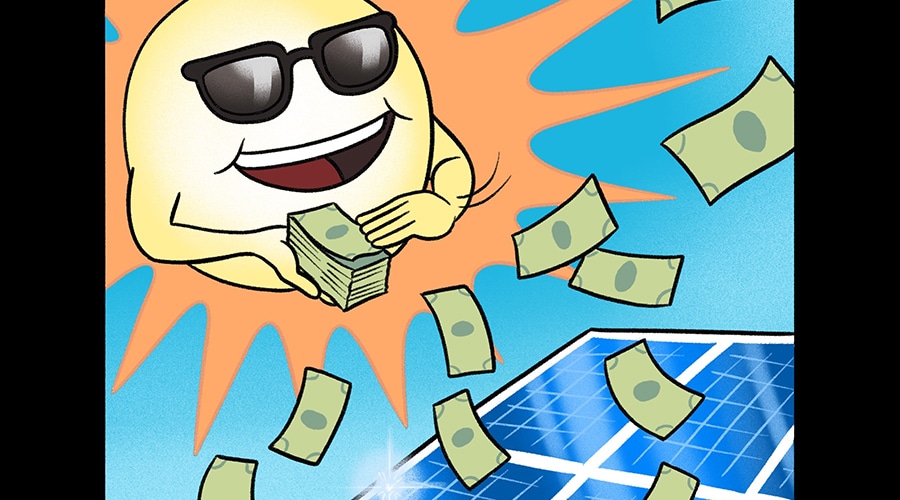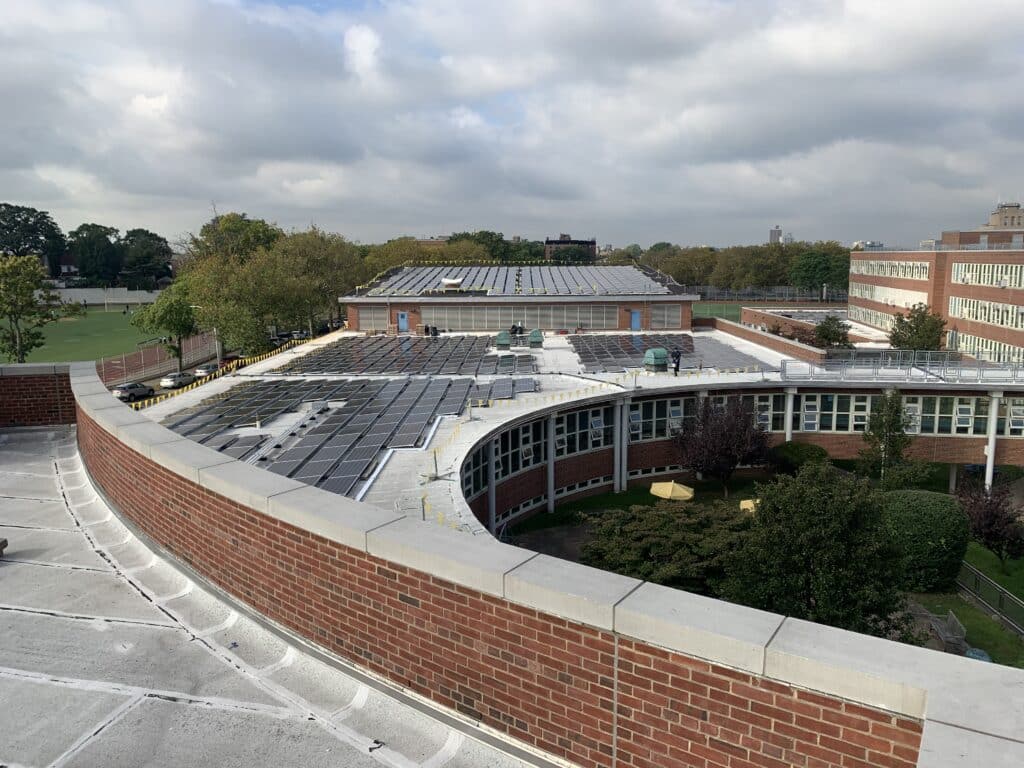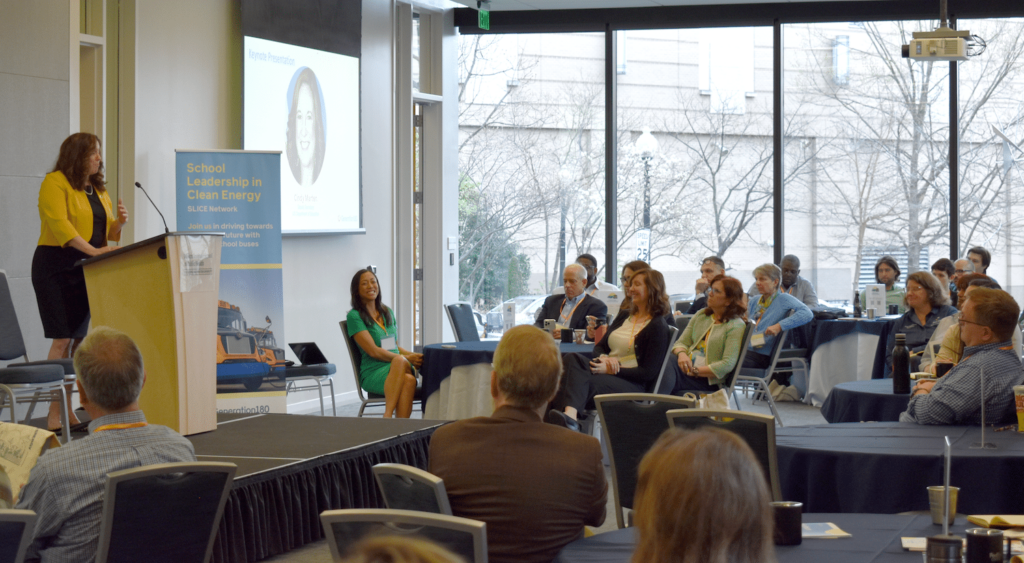Solar panels are growing more common everywhere—on local businesses and schools, maybe even on your neighbor’s house. That’s a sure sign that the solar revolution is going mainstream. In the first three months of this year (during a pandemic no less), Americans added 905 megawatts of residential solar—up 11 percent from the same period last year, and enough energy to power nearly 172,000 homes. But adding a home solar system is still a big decision, and you might be questioning whether it’s time to take the leap. Fortunately, there’s evidence that harnessing the sun’s power isn’t just good for the climate, it’s an excellent long-term investment in your home.
The solar home premium
Research from the real estate site Zillow shows that putting solar on your roof can boost the value of your home—sometimes significantly. In a comparative study, Zillow found that homes with solar energy systems sold for 4.1 percent more on average in 2019 than comparable homes without them. This means that the median-valued home in the country ($226,300) was worth an additional $9,274 just because of those magical panels. To arrive at this number, Zillow looked at all home sales over a one-year period and identified which listings featured solar in their descriptions, while controlling for a home’s size, age, location, and market value, as well as the time of year that it sold.
Like most things in real estate, how much of a boost you’ll get from solar depends a lot on where you live. Zillow found that New Jersey, Pennsylvania, and North Carolina offer the highest solar premiums, with solar-clad homes in New Jersey selling for 9.9 percent more on average than homes without solar—an added value of $32,281 (see the top 10 states with the highest solar premiums).
Zillow found that New Jersey, Pennsylvania, and North Carolina offer the highest solar premiums.
Some of the hottest individual markets are coastal metro areas like New York City (where the solar premium is 5.4 percent); Orlando, Florida (where the premium is 4.5 percent, compared to 4 percent statewide); and San Francisco (a 4.4 percent premium, or a boost of $41,658 on the median-priced home of $955,200). Importantly, Zillow notes, no U.S. metropolitan area saw home values drop due to solar panels (although some states, like Utah, didn’t have enough data to be covered in the study).
So why are houses with solar energy systems selling for more than those without them?
The allure of clean energy
A key reason for the boost in home values is that more buyers are recognizing the many benefits of clean energy—particularly the energy cost savings. By installing solar, you can reduce or even eliminate your electric bills, a significant monthly expense. According to Sunrun, one of the largest U.S. residential solar companies, customers that lease solar panels see an average utility bill savings of anywhere from 10 to 40 percent. This is because the company’s solar contract offers a fixed energy price per kilowatt-hour that’s typically lower than utility rates. In general, going solar offers more predictability on your bills, letting you lock in your monthly rate, so you’re protected against future cost increases related to a volatile energy market.
If you own the solar panels outright, the savings can be even higher. Studies show that the average American solar purchaser sees a return on investment of 20 percent or more, and that most solar panel systems pay for themselves many times over the course of their (often decades-long) lifetime. Importantly, the upfront cost of the panels isn’t as daunting if you can benefit from solar rebates and tax credits. According to the clean energy marketplace EnergySage, in 2019 the average home solar system cost $18,300 before tax credits and $12,810 after tax credits.
…most solar panel systems pay for themselves many times over the course of their (often decades-long) lifetime.
People are also taking the solar leap because of personal values, seeking to live cleaner, lower-carbon lifestyles in response to the climate crisis. According to estimates, a typical residential solar panel system will eliminate three to four tons of carbon emissions each year—the equivalent of planting over 100 trees annually. “More than 80 percent of buyers now say energy-efficient features are important in selecting their home,” said Sarah Mikhitarian with Zillow. “We are increasingly finding that these attributes are important to prospective homebuyers.”
Whether to lease or own
Ultimately, whether or not going solar pays off depends on a lot of different variables, from the shape of your roof and the direct solar irradiation it gets, to the cost of electricity (and overall energy costs) in your area. Also, homes that are larger or that consume a lot of energy may see bigger savings than homes that are already pretty efficient, making the upfront cost of solar panels more worthwhile. (Check out Google’s Project Sunroof to estimate your solar savings potential based on factors like roof shape, electricity rates, local weather patterns, and more.)
It also helps to consider whether you’re planning to buy the panels outright, or to lease them from a company like Sunrun or Tesla (often, with no money down). Solar leasing offers huge benefits in that you don’t have to spend a lot upfront, unlike with a cash purchase. According to Sunrun, more than 85 percent of customers do not buy the system outright but pre-pay a set amount and then make monthly service plan payments. When you’re ready to sell the home, you’ll have the option to either buy out the lease or get the solar leasing company to help find a buyer willing to take over the lease.
By 2030, an estimated 13.4 percent of U.S. homes are expected to have a residential solar system, but the share could (and needs to) ultimately be higher. As solar enters the mainstream, having panels on your house is starting to be another calculation to make when assessing your home’s value. So the next time you think about upgrading your kitchen or finishing your basement, consider adding a new solar array to the mix. It could be one of the best investments you make in your home.




